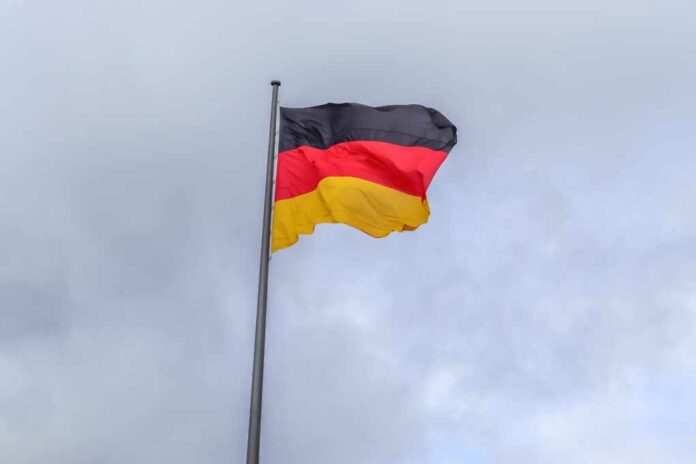
Germany faces fierce internal backlash as over 100,000 protestors demand an end to government support for Israel.
Story Highlights
- Massive Berlin rally sees over 100,000 demanding Germany halt arms exports and impose sanctions on Israel.
- Protest organizers and speakers accuse the German government of complicity in alleged genocide in Gaza.
- Public opinion in Germany shifts sharply, with a majority now viewing Israeli military actions as genocide.
- Political divisions intensify, as the government faces growing pressure to reassess its stance amid EU debates.
Berlin Protest Marks Historic Challenge to Government Policy
On September 27, 2025, central Berlin witnessed an unprecedented rally where more than 100,000 demonstrators took to the streets, protesting their government’s unwavering support for Israel’s military operations in Gaza. The event, organized by a coalition of around 50 groups including Medico International and Amnesty International, called for an immediate end to German arms exports to Israel and the imposition of EU sanctions. Protestors cited what they see as Germany’s historical responsibility to prevent genocide, directly challenging the longstanding policy of unconditional support for Israel. The scale and intensity of public opposition signaled a dramatic shift in national sentiment and ignited debate about Germany’s role in the ongoing Middle East conflict.
Watch: Tens of thousands rally in Berlin in solidarity with Gaza, call for sanctions against Israel
The demonstration, titled “All Eyes on Gaza,” coincided with ongoing deliberations in the German government and at the UN General Assembly regarding the country’s stance on the Israel-Gaza conflict. Many participants and organizers described Israeli actions in Gaza as genocide, a characterization echoed in recent polling. A YouGov survey found that 62% of German voters now believe Israeli military actions constitute genocide—an extraordinary figure reflecting the depth of domestic unease. The turnout dwarfed previous pro-Palestinian events in Germany and marked a historic moment in European activism, with explicit demands for policy change, including sanctions and cessation of military cooperation with Israel.
Tens of thousands rally in Berlin in solidarity with Gaza, call for sanctions against Israel(video)..#Israel..#Gaza..#crime..#Germany https://t.co/HruhT3CaLx
— Vas (@crypticvalentin) September 28, 2025
Political Pressure and Policy Implications
Chancellor Friedrich Merz and Foreign Minister Johann Wadephul responded to the protest by labeling Israeli actions “disproportionate,” but stopped short of using the term “genocide” or changing Germany’s arms export policies. The government faces mounting pressure from both domestic constituencies and international partners to reevaluate its position. The European Commission has proposed trade restrictions and sanctions against Israel, but Germany remains hesitant, reflecting broader tensions within the EU over the appropriate response to escalating violence in the region.
Policy decisions are expected in the coming days, ahead of an informal EU summit in Copenhagen where Germany’s stance may be clarified. The outcome could reshape not only German-Israeli relations but also influence the direction of European foreign policy toward the Middle East for years to come. Meanwhile, humanitarian organizations and legal experts continue to press for accountability, with the International Court of Justice investigating allegations of genocide and advocating for expanded aid access to Gaza.
Impact on Sovereignty, Security, and Constitutional Values
The Berlin rally has intensified debate about Germany’s constitutional obligations, national sovereignty, and its role in defending Western democratic values. The demand to halt arms exports and impose sanctions raises serious questions about national security, the integrity of defense industries, and the preservation of Germany’s postwar commitments. At the same time, heightened activism and polarization threaten to destabilize the political landscape, with implications for traditional family values and the cohesion of Jewish and Palestinian communities within Germany.
Economic consequences could be significant if Germany restricts trade or arms exports to Israel, impacting key industries and raising further questions about the prudence of policy shifts driven by activist pressure. The rally’s invocation of Germany’s historical responsibility regarding genocide prevention underscores the complex balance between moral imperatives and pragmatic governance. As divisions deepen and public opinion shifts, German policymakers are forced to confront the limits of solidarity and the necessity of defending constitutional principles in an increasingly turbulent international environment.
Sources:
More than 100,000 rally in Berlin against German support for Israeli genocide in Gaza

























